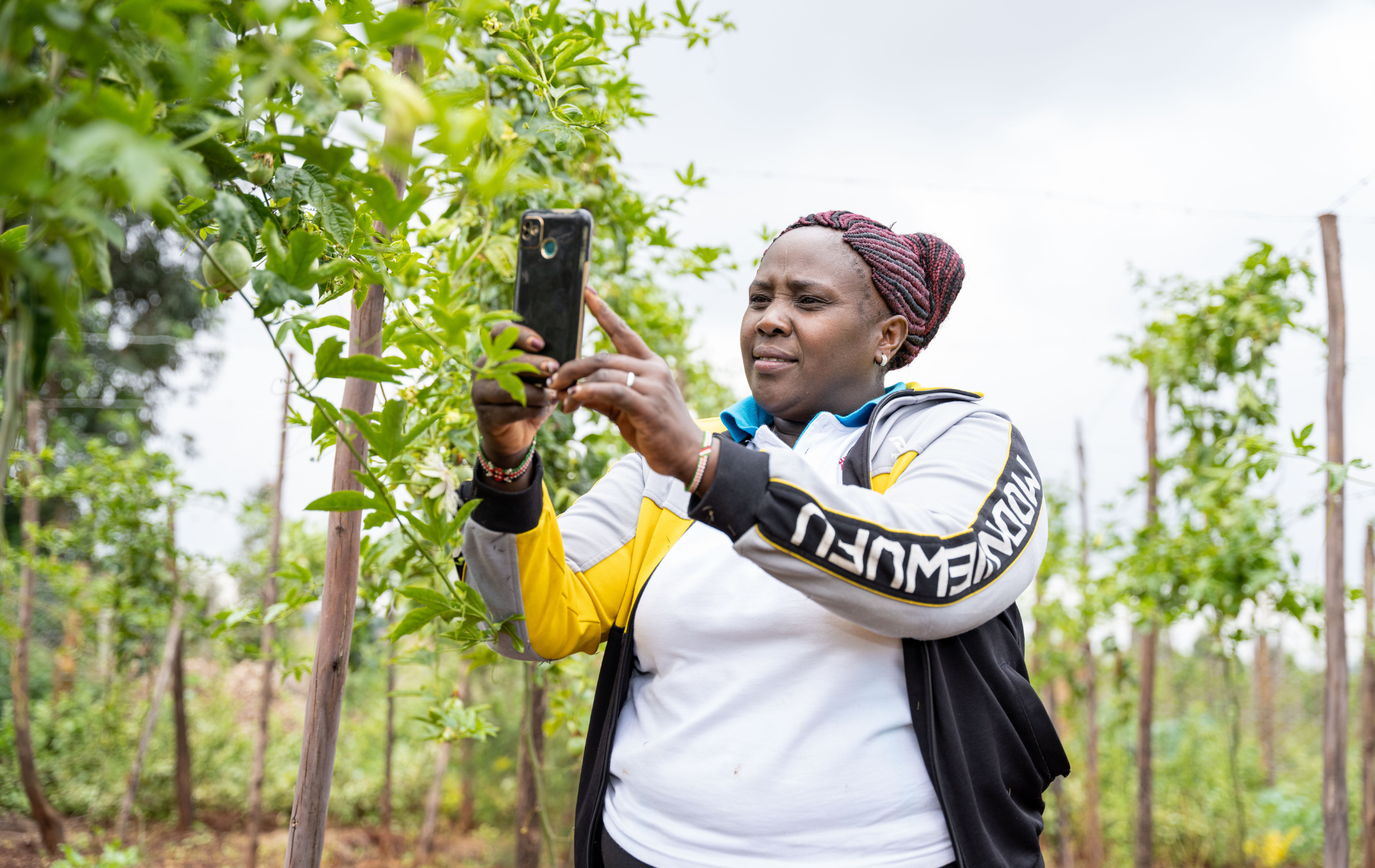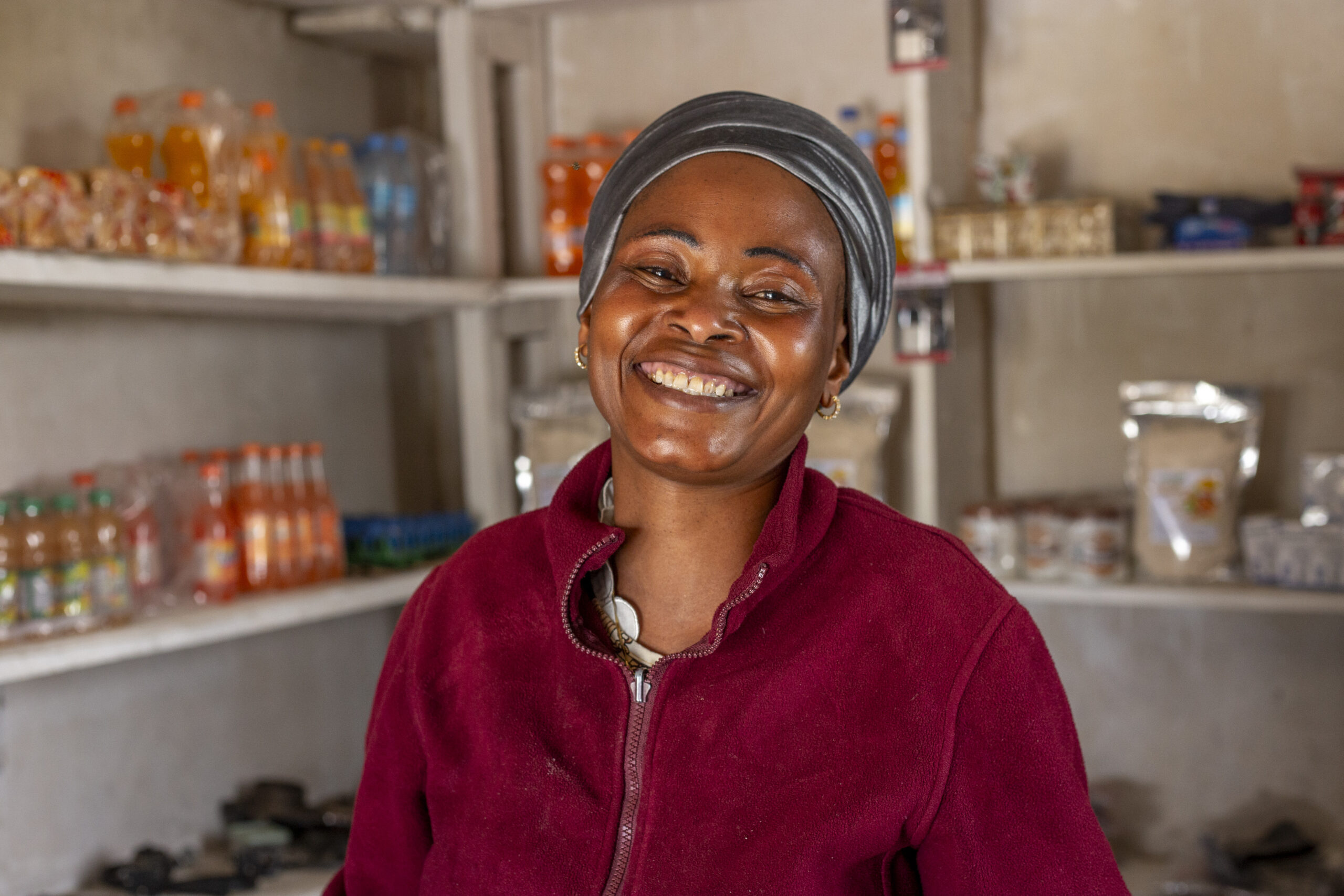Stories & blogs - Post

10
AprA new programme by Hand in Hand International and the Happel Foundation is transforming the lives of entrepreneurs in Nairobi’s informal settlements. Equipped with new skills and resources, 1,000 small business owners in Kenya have seen their profits skyrocket by an average of 121% – equivalent to an additional USD 156 a month.
Micro, small, and medium enterprises (MSMEs) are the backbone of Kenya’s economy, employing 15 million people and contributing 40% to the country’s GDP. Yet, 98% of these businesses remain microenterprises, struggling with limited market access and scalability. To address these challenges, Hand in Hand and Happel Foundation launched ‘Driving Innovation, Growth, and Income Through Invigorating Small Enterprise’ (DIGITISE).
The three-year initiative will equip 3,000 entrepreneurs – more than 80% of whom are women, to scale up their businesses, providing advanced business training, support to access credit as well as coaching and mentoring. In addition to core business training, the programme will also test the effectiveness of including a digital curriculum to help business owners master e-commerce and digital tools to help their businesses grow.
The initial results from the digital training are compelling: entrepreneurs who received digital marketing and e-commerce training reported earning KES 5,000 (USD 108) more in revenue than those who did not. However, only 49% of those trained adopted digital practices, highlighting the need for further intervention to drive adoption – especially for women, who face greater barriers to smartphone ownership and internet access.
Alexander Lanz, Managing Director, Happel Foundation, said: “Micro, small, and medium enterprises (MSMEs) are the backbone of Kenya’s economy, yet the vast majority of these business owners struggle to scale, facing systemic barriers to growth – instead, subsisting on or just above the poverty line.
“Through the DIGITISE programme, we are providing these entrepreneurs with not just skills, but also market linkages, credit access, and digital tools to grow their businesses, and galvanize local economies”
Nick Lynch-Staunton, Head of Programmes, Acceleration and Climate, Hand in Hand International, said: “These results confirm that digital marketing has a tangible impact on revenue and profit. As we move forward with cohorts two and three, we will focus on breaking down barriers to digital adoption, particularly those facing women, ensuring even more entrepreneurs in under-served communities can take part in the digital economy, earning more and lifting their families out of poverty for good.”
Recent Posts

October 28, 2025



